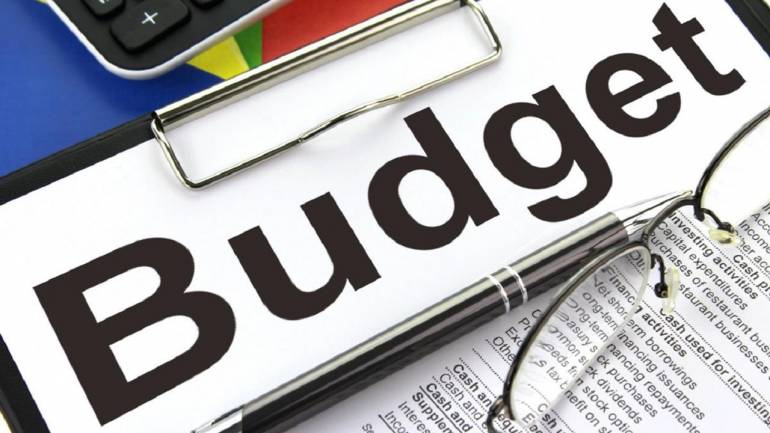Mr. Amit Tandon, Founder and CEO, PolyCycl:
As we approach Union Budget 2025, it is crucial to recognize the potential of plastic recycling in the circular economy, especially in terms of waste management and sustainability. The plastic consumption in India is about 20 million tons per annum and the country generates approximately 10.2 million tons of plastic waste annually. Only around 60% of plastic waste generated is managed formally. Of the plastics that are recycled, less than 5% are recycled in a closed loop to produce high-quality recyclates. Such closed-loop recycling needs to be bolstered to 34% in the near future to meet the stipulated EPR targets on incorporation of recycled content.
Chemical recycling technologies have a transformative potential to address the challenge of recycling waste plastics such as hard-to-recycle single-use plastics and reduce plastic pollution in India. Achieving this vision will require a collaborative effort between the government and industry to foster innovation and bolster the sector’s capabilities. We recommend the government to establish an INR 1000 crore fund for providing low-interest and collateral-free loans for implementing chemical recycling plants, including first-of-its-kind (FOAK) projects. We also anticipate a 0% GST on ISSC- certified pyrolysis oils produced through the chemical recycling of waste plastics, where these oils are used as circular feedstock for creating new plastics. Launching a Product Linked Incentive (PLI) Scheme, especially for scaling the implementation of chemical recycling plants that deal in single-use plastics to produce circular chemical feedstock, will further bolster these efforts.
Additionally, providing incentives and grants for R&D companies researching advanced recycling technologies and making plastics circular can drive innovation and enhance the industry's capabilities. We are optimistic and look forward to a budget that promotes long-lasting and impactful growth in the plastic recycling industry.

.png)
